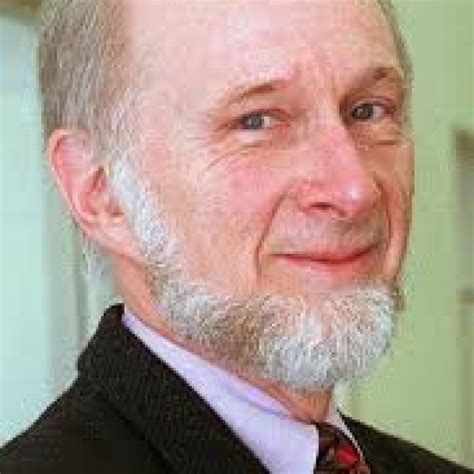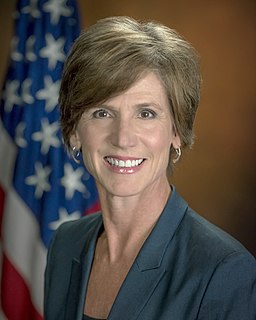A Quote by Bryan Stevenson
You can be a career professional as a judge, a prosecutor, sometimes as a defense attorney, and never insist on fairness and justice. That's tragic and that's what we have to change.
Related Quotes
When I became a judge, I stopped being a practicing attorney. And that was a big change in role.The role of a practicing attorney is to achieve a desirable result for the client in the particular case at hand. But a judge can't think that way. A judge can't have any agenda, a judge can't have any preferred outcome in any particular case and a judge certainly doesn't have a client.
For a lawyer to do less than his utmost is, I strongly feel, a betrayal of his client. Though in criminal trials one tends to focus on the defense attorney and his client the accused, the prosecutor is also a lawyer, and he too has a client: the People. And the People are equally entitled to their day in court, to a fair and impartial trial, and to justice.
We preach and practice brotherhood — not only of man but of all living beings — not on Sundays only but on all the days of the week. We believe in the law of universal justice — that our present condition is the result of our past actions and that we are not subjected to the freaks of an irresponsible governor, who is prosecutor and judge at the same time; we depend for our salvation on our own acts and deeds and not on the sacrificial death of an attorney.
I was a defense attorney before I was a prosecutor, and so knowing what the defense is going to try to do is something that you have to do constantly when you're in trial. I always went to trial knowing what they were doing. So I was always in both mindsets anyway. 'Oh, they're going to do this, then I'm going to do that.'
We will never know peace in the world without balance. And we will never know balance without justice for all. Yet, justice exists only where there is fairness and equality -- when every man and country is treated and viewed equally. My father believes that there is no such thing as justice because all his life he has witnessed the tipping of the scales. We must change this widespread mentality by making equality a reality, not just something we read and hear about on the TV and in literature.
At the risk of sounding really corny now, I'm a career prosecutor. I've been doing this for a very long time. And I believe in holding people responsible when they violate the law. But our sole responsibility is to seek justice. And sometimes that means a very lengthy sentence for people who are dangerous and from which society must be protected.




































